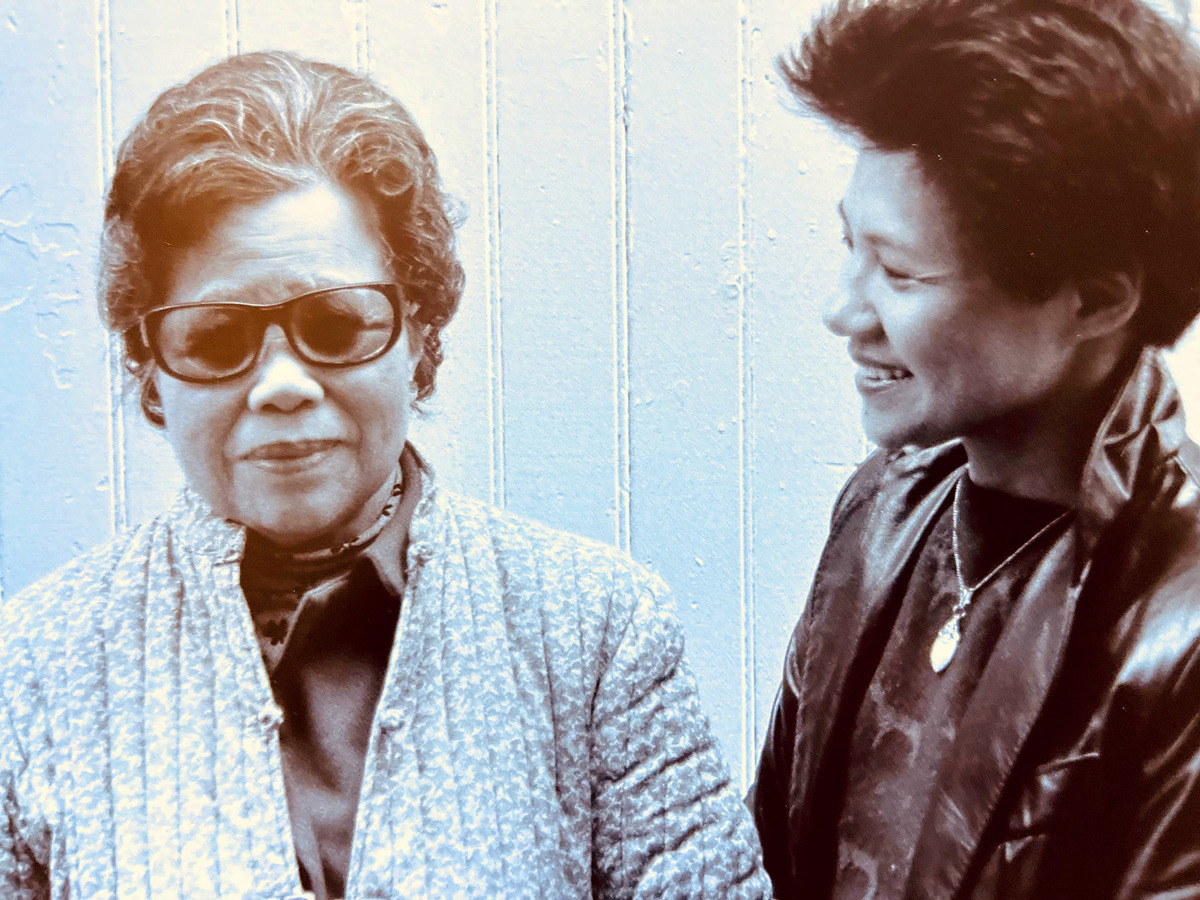Chronicler of immigrant journeys
Genny Lim, who was recently named San Francisco's first Chinese American poet laureate, tells Mariella Radaelli that she will continue to uphold the legacy of her Guangdong-born parents and champion the cause of fellow Chinese American artists.


Survival stories
Lim's most significant contribution to American literature has to be her sensitive depiction of the immigrant experience in America.
"Lim is very attuned to the sensibilities of Chinese immigrants," Chang says. "She writes about her parents, grandparents, ancestors and other immigrants with compassion and empathy, imagining their experiences and how they survived."
Her award-winning play, Paper Angels — staged by the Asian American Theater Company in San Francisco in 1980 and subsequently televised by the Public Broadcasting Service — explores the history and emotional complexities of Chinese immigrants detained on Angel Island in San Francisco Bay for trying to enter the United States illegally. The Chinese Exclusion Act of 1882 had drastically limited Chinese immigration. Hundreds of thousands of Chinese arrived on the American shores with fake papers as a result.

Some of the detainees who spent months waiting for clearance from the immigration department carved poems onto the barrack walls of the Angel Island Immigration Station. "They are all cries of complaint, sadness and loneliness," says Lim, who started writing Paper Angels at the same time as she was putting together Island: Poetry and History of Chinese Immigrants on Angel Island, 1910-1940. Co-edited with Mark Lai and Judy Yung, the book went on to win the 1982 American Book Award.
"Paper Angels is a composite of the different people we interviewed," Lim says. One of its characters, Lum, is a romanticized depiction of the author's father, who had been careful never to mention his detention to his children. "It was an episode in their lives that was so traumatic that they did not want it to be passed on to their children," Lim says of a generation of Chinese for whom the American Dream was achieved at a high price. "They were treated as criminals, and the interrogations were arbitrary. Some of them were stuck in a dormitory for two years."























